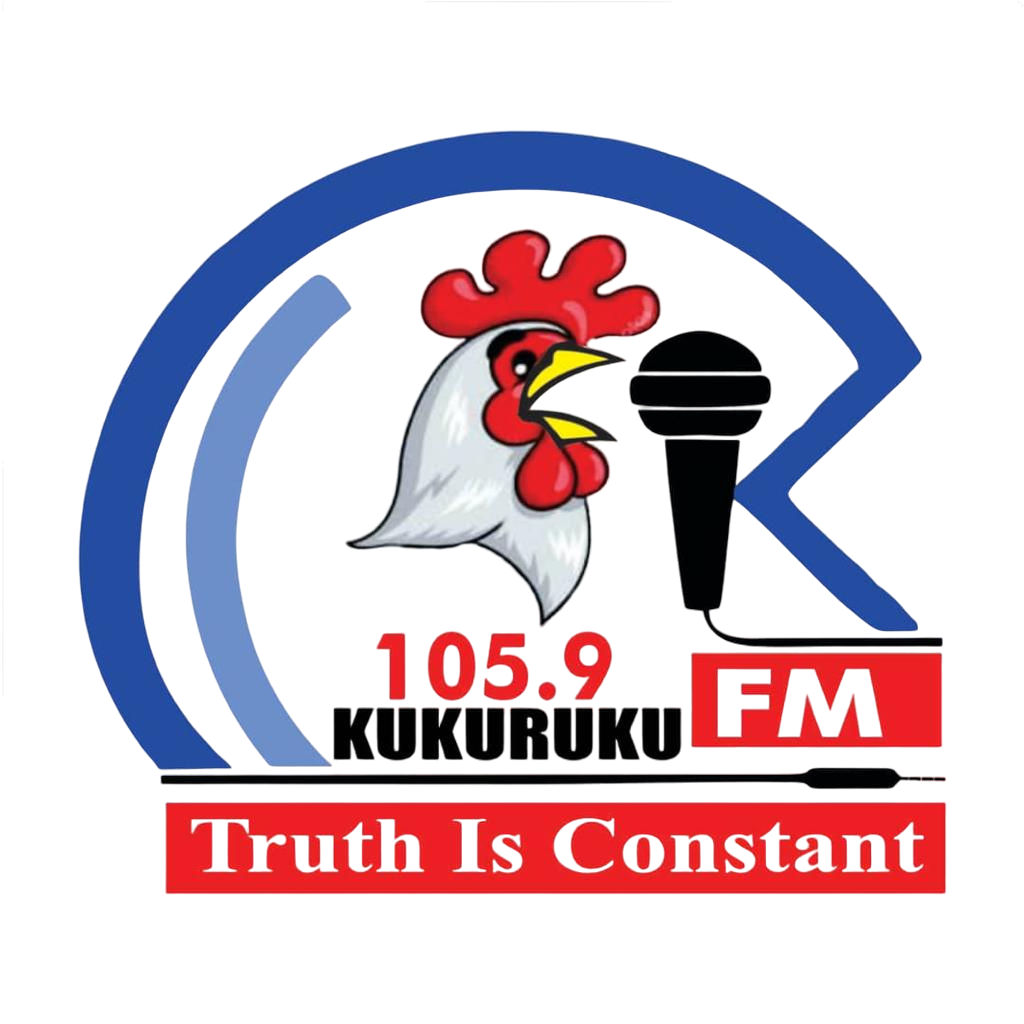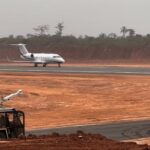The World Bank Issued a warning yesterday, Stating that Nigeria’s Economic Growth is Insufficient to tackle the pressing issue of extreme Poverty within the Country.
Simultaneously, the Bank has maintained its GDP Growth forecast of 2.8% for Nigeria in 2023.
However, it cited several challenges such as High Inflation, shortages of Foreign Exchange, and Banknotes due to Currency redesign.
These concerns were outlined in the Global Development Prospect report for June 2023 by the World Bank.
The report also downgraded the Economic Growth Projection for Sub-Saharan Africa to 3.2% in 2023, compared to the 3.4% previously projected in the April World Economic Outlook.
Additionally, the Bank anticipated a Global Economic Growth slowdown to 2.1% in 2023, attributing it to Financial risks that cloud prospects.
The World Bank conveyed its Observations, stating, “Following a Growth rate of 3.1% last year, the Global Economy is expected to experience a significant slowdown to 2.1% in 2023.
This deceleration is due to ongoing Monetary Policy tightening aimed at combating high Inflation, followed by a modest recovery in 2024, with a Growth rate of 2.4%.
“During the early part of this year, Sub-Saharan Africa (SSA) witnessed a decline in Growth as a result of various Country-specific challenges and Increased external Economic pressures.
“The three largest Economies in SSA, namely Nigeria, South Africa, and Angola, experienced a slowdown to 2.8% in 2022, which further weakened in the first half of this year.

Angola and Nigeria, being the region’s major Oil Producers, encountered stagnant Oil Production and decreased energy prices, leading to a loss of growth Momentum.
“Nigeria’s non-oil Sector, which was expected to rebound after the Pandemic, experienced a cooling effect due to persistently high Inflation, Foreign Exchange shortages, and a scarcity of Banknotes caused by
Currency redesign.
Consequently, growth in SSA is projected to decline further to 3.2% in 2023 before gradually recovering to 3.9% in 2024.
South Africa’s recovery is anticipated to slow down to 0.3% this year due to Widespread Power outages, which heavily Impede Economic activity and contribute to persistent Inflation.
“The Growth rate in Nigeria is projected to barely surpass population growth, falling far short of the required pace to make significant progress in alleviating extreme Poverty.
“However, the downgraded outlook extends beyond major regional Economies, as the rising cost of living hampers private consumption and tighter Policies Impede Investment in many Countries.
“Overall, domestic vulnerabilities, coupled with tight Global Financial conditions and weak global growth, are expected to restrain Economic recoveries.”









